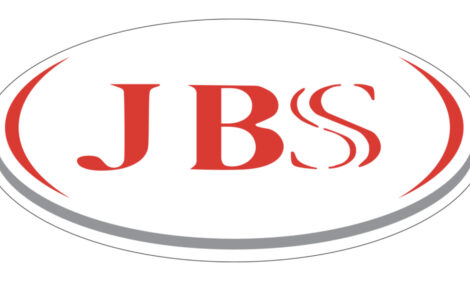



Britain and EU ready to do battle again as trade talks near
The battle lines between Britain and the European Union are taking shape on farming, fish, state aid, banking and a host of other issues ahead of the launch of negotiations for a free trade deal in March.Britain will leave the EU on January 31 and begin a no-change transition period that runs until the end of 2020, during which it will seek to negotiate its future relationship with the bloc, reported Reuters.
Prime Minister Boris Johnson has ruled out extending the transition and is in the process of making it illegal to do so, leaving only 11 months to seal a deal between the world’s fifth-biggest economy and its biggest trade bloc.
EU trade chief Phil Hogan warned London last week against taking talks to the wire. “We need to wake up to this reality that gamesmanship and brinkmanship are not going to work on this occasion.”
Future relationship
As well as terms of trade, an EU-Britain deal is likely to cover security and defence cooperation, energy and transport links, fishing rights, data flows and Britain’s participation in EU programmes in science, space and other areas.
Timetable
The European Commission, which negotiates on behalf of the 27 remaining EU members, plans to thrash out its objectives early next month before putting them to EU governments on Feb. 25. Britain will also set out what it wants from the talks.
Negotiations are expected to start in March and the deal effectively needs to be wrapped up by October in order to kick in on January 1 2021 because it will have to be checked by lawyers, translated into the EU’s 22 other languages and put to the EU governments and the European Parliament for approval.
If Britain changes its mind and asks to extend the transition, it would have to request it by June 30. An extension can be granted for up to two years.
Major hurdles
Agreement should be simpler on security cooperation and transportation but tough on:
Rules/standards - The EU fears London may seek to undercut the bloc in areas such as environmental and labour rules, turning itself into a low-regulation “Singapore-on-Thames”.
But Britain does not want to commit to keeping EU rules that would make it harder to strike deals with other countries, especially the United States.
Finance minister Sajid Javid told companies last week they would have to adjust to new rules for cross-border business.
Services - Trade deals typically focus on goods but Britain wants to keep good access to EU markets for its services firms, notably financial services, which run a trade surplus with the EU. Brussels says Britain cannot have the same access as before because it no longer wants to play by the EU’s rules in areas such as immigration. Many banks and financial firms have set up operations in the bloc to minimise disruption.
Fisheries - The EU wants its fleets to retain access to British waters, while Britain wants to increase its catch.
Agriculture - France and other countries with strong farm lobbies are unlikely to accept unlimited imports from Britain. Also, if Britain strikes a trade deal with the United States, accepting US food safety standards that are not allowed in the EU, this could limit British farm exports to Europe.
Who's in charge?
The man in charge on the EU side is Michel Barnier, a former French foreign minister who in Brussels has led financial sector reforms and the talks over Britain’s divorce agreement.
Opposite him will be David Frost, a diplomat who headed London’s side of the divorce talks for their last few months.
Will Britain talk to others too this year?
Britain wants to strike deals with other countries around the world and leaked government documents revealed the extent of preliminary talks with the United States last year.
Some Conservative Party lawmakers have urged Johnson to prioritise talks with Washington over Brussels.
But any US demands that Britain open up its food market to meat exports - including chicken washed with chlorine and hormone-treated beef - or to allow higher prices of medicines could prove unpopular in Britain.
Britain sends about half its exports to the EU, so other countries are likely to want to wait to see the details of a British-EU deal before negotiating their own agreements.










